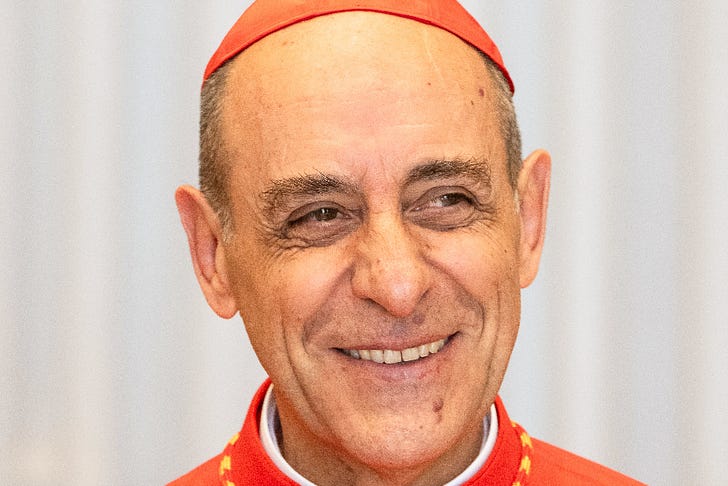DDF responds to transgender dubia
Can transgender people be baptized? Can a member of a same-sex couple be a godparent? The Vatican responds to controversial sacramental questions.
The Vatican’s doctrine office has responded to a bishop’s questions concerning the role of people who identify as LGBT at Catholic baptisms and weddings.

The Dicastery for the Doctrine of the Faith (DDF) published Nov. 8 a three-page Italian document responding to six controversial questions
The text was signed by Pope Francis at an Oct. 31 audience, as …
